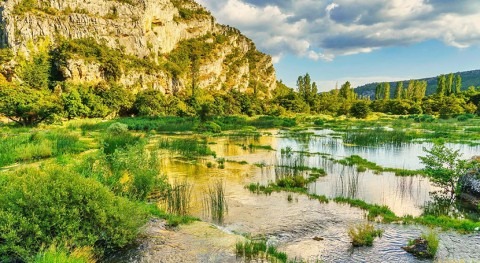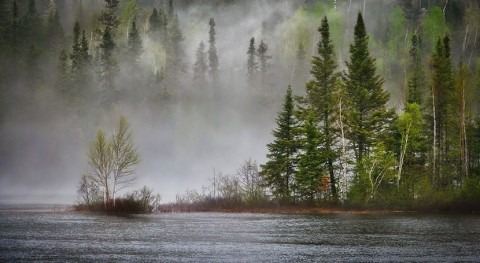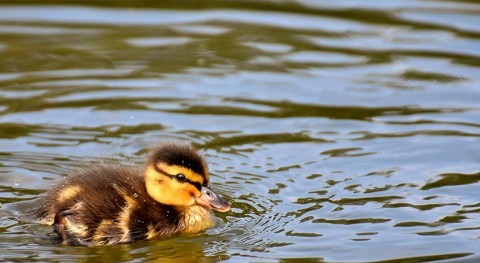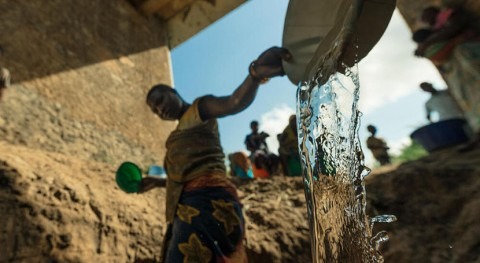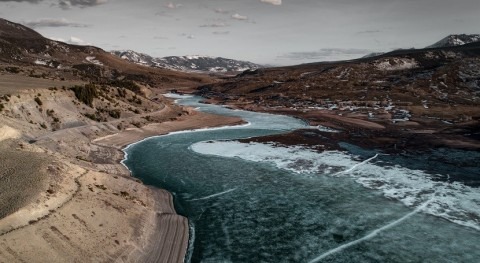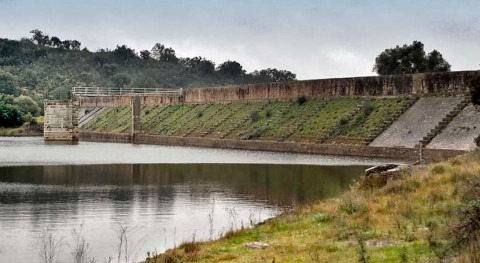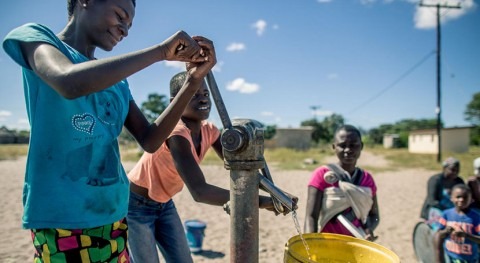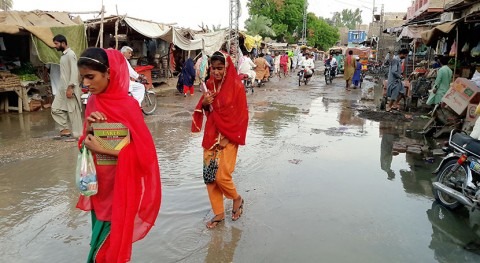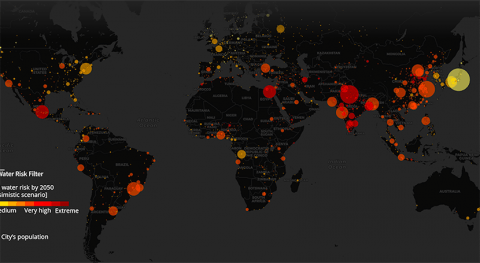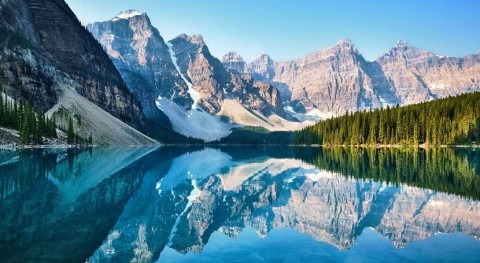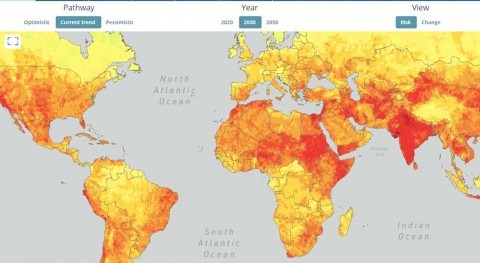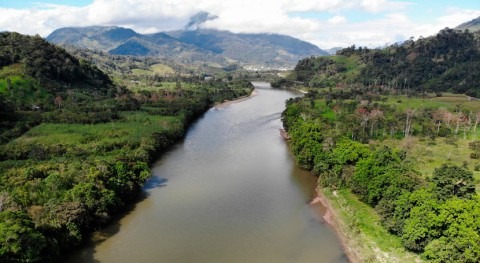In Guatemala, thousands of people call the Teculutan and Pasabien watersheds home. Under the cover of iconic cloud forests, rivers flow down from the mountainous region called the Sierra de Las Minas; providing fresh water for nature and these communities, for drinking, hygiene and sanitation, agriculture, as well as for business operations and so much more.
Climate impacts
Here the rivers should flow, and forests should thrive, nourishing the communities that surround them. But the impacts of climate change are taking their toll, with severe consequences. Droughts are more frequent and more severe. Forest fires are becoming uncontrollable. With increasingly irregular rainfall, crops are failing, and many are abandoning their farms altogether to pursue other livelihoods or decide to work on a bigger piece of land with the belief that cultivating more land will solve the problem, encroaching on areas that are not meant for farming.
The rural communities in the watershed rely on water from upstream sources for drinking water, which is often contaminated with mud from erosion caused by deforestation. Changes in the climate have contributed to increased water scarcity as well as heavy rainfall events, increasing runoff in the watershed, members of the community report that the rivers used to be crystal clear but now they are murky.
Back to the source
Despite the difficult situation in Guatemala all hope is not lost, and the future looks positive. This region has become an example of best practice when it comes to tackling water scarcity and ensuring the shared resource of water is managed and protected for current and future generations.
Over 10 years ago, working alongside the local communities, WWF-Guatemala/Mesoamerica and Fundacion Defensores de la Naturaleza (FDN) launched an initiative in Sierra de las Minas Biosphere Reserve to look at the way water was managed here, in specific sub-watersheds. The Coca-Cola Company System (HQ and bottlers) was one of the first participants in this initiative, investing in water sustainability.

© Audra Melton / WWF-US
The ongoing work in this region now takes a holistic approach to landscape and water management informed by climate information. By investing in climate-smart integrated plans for managing the watershed that includes forest firefighting, early warning systems, and other climate-smart projects, we are working towards building the resilience of the landscape to benefit people and nature. Nature is also going to help provide specific solutions here. Reforestation projects will be using native trees that are able to thrive in a warmer and drier climate in the watershed.
The worsening impacts of climate change are bringing new challenges with new solutions needed. Guatemala is an example of where it is necessary to go back to the source of the challenge and at the same time part of the solution, looking at the health of the overall watersheds. Because everything is connected here, from the cloud forests in the headwaters to the communities downstream, the way each of the stakeholders responds to climate change impacts everyone.
Communities at the core
The communities and people that live in this region are at the core of the progress we’re making here. Before the initiative started forests were being used intensively in the upper part of the watershed for fuel to cook and land was being cleared for subsistence farming and cattle ranching. This still happens but less every year, as communities have become engaged and empowered. As part of the work, communities were given energy-efficient stoves to reduce the need to burn wood from the forests, as well as given the opportunities to make a living from activities such as forest fires prevention and control and reforestation. Now the communities understand the importance of the water source for health and livelihoods and work alongside other the stakeholders to protect it.





